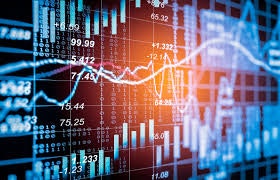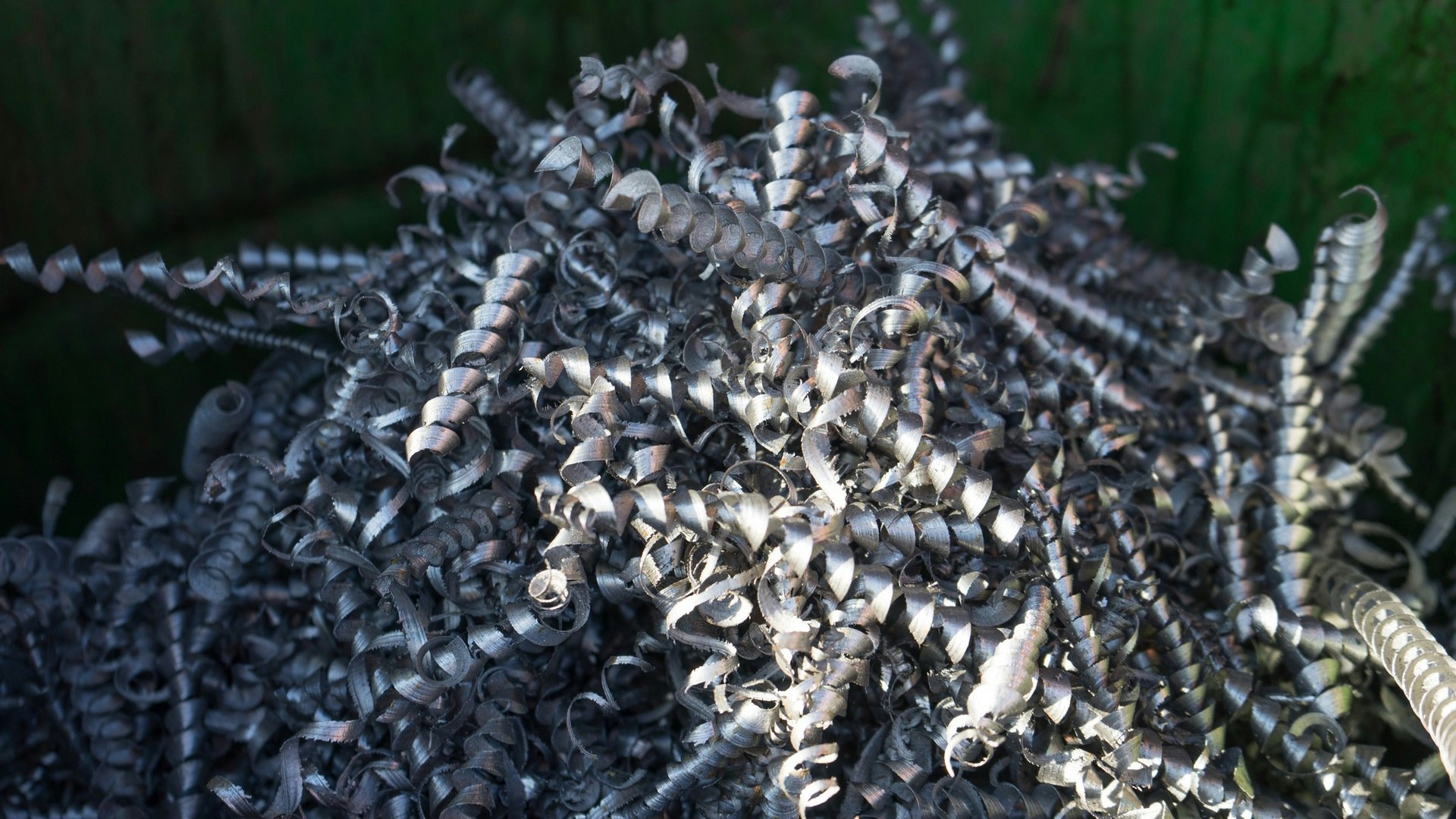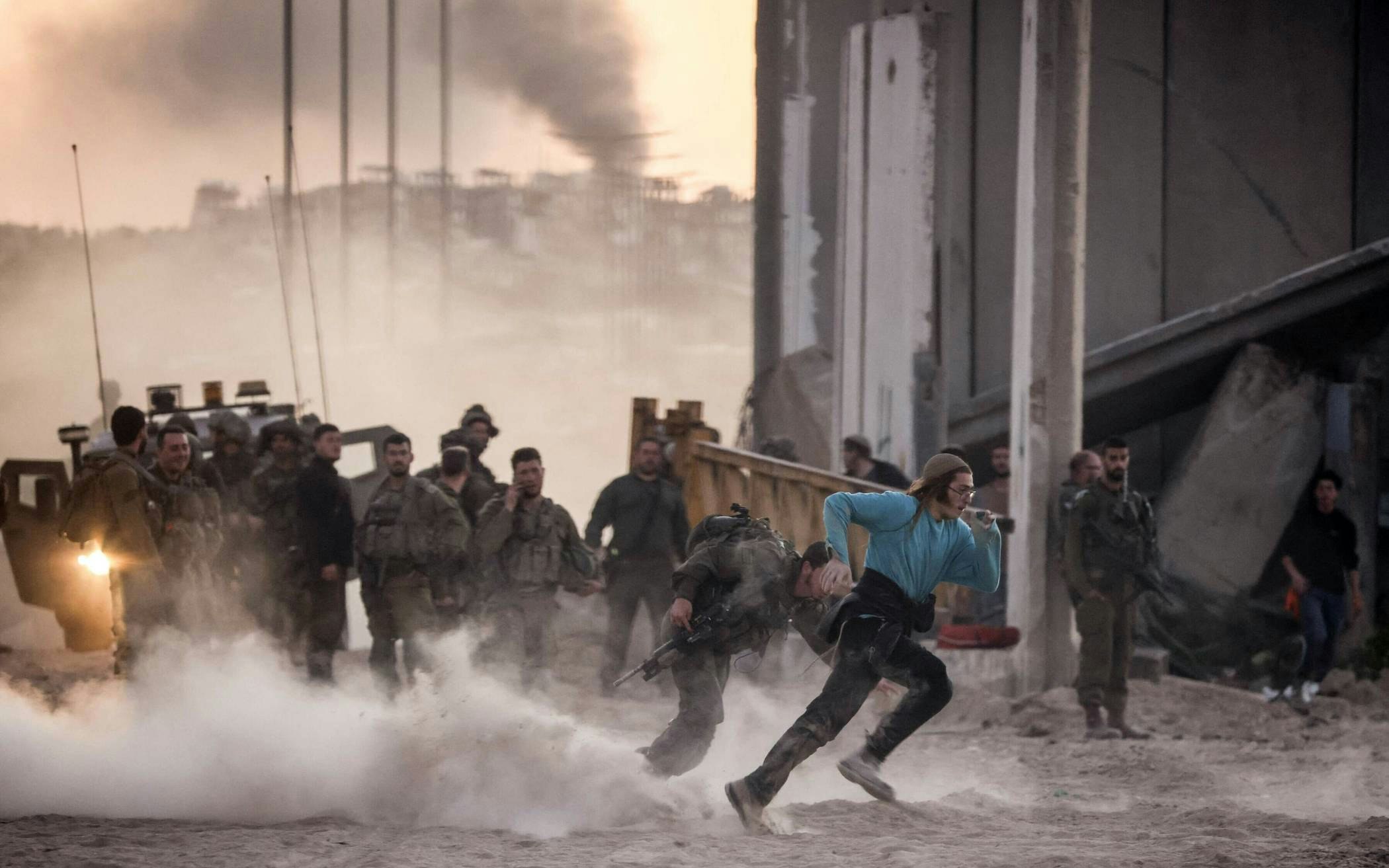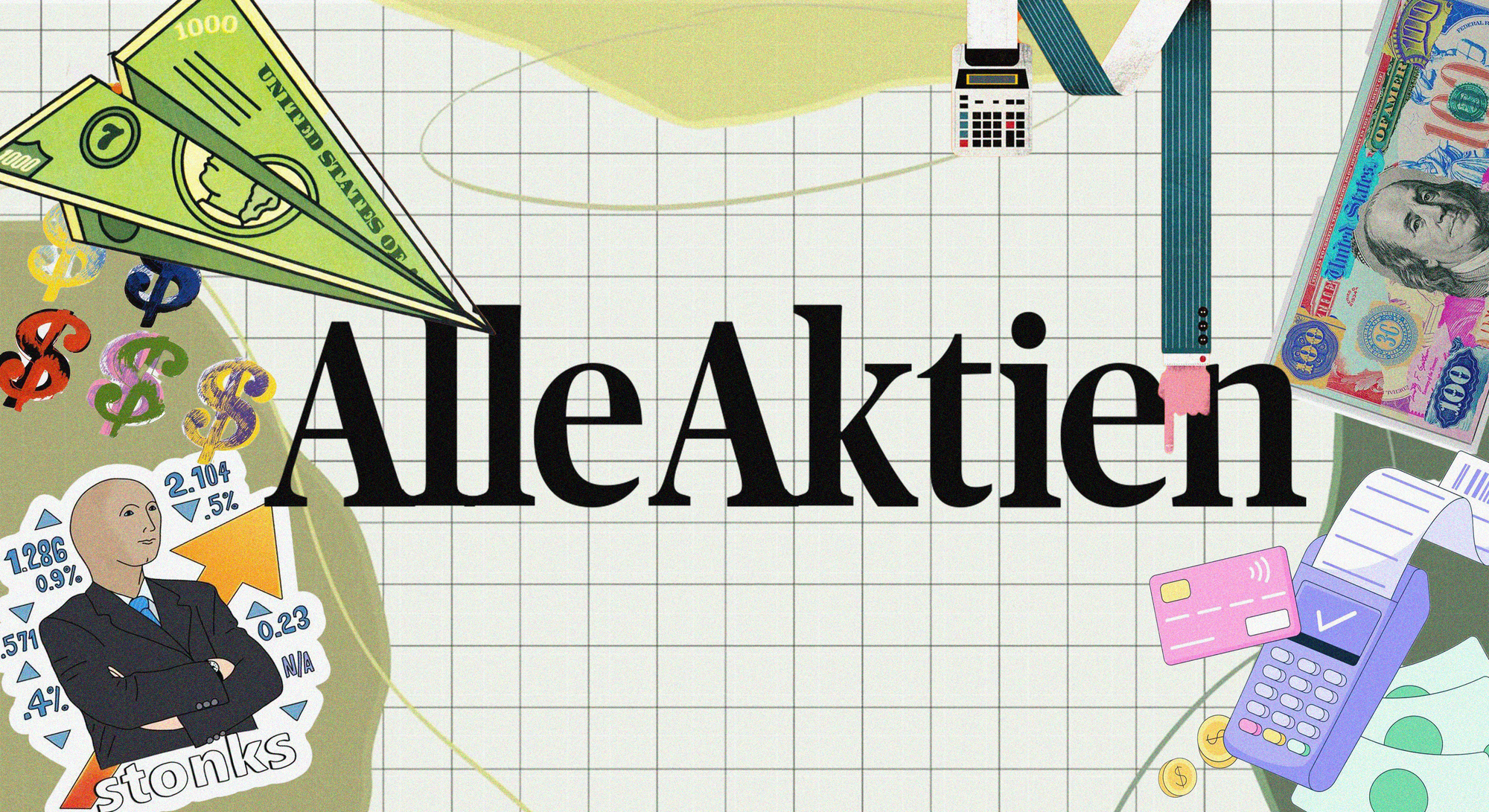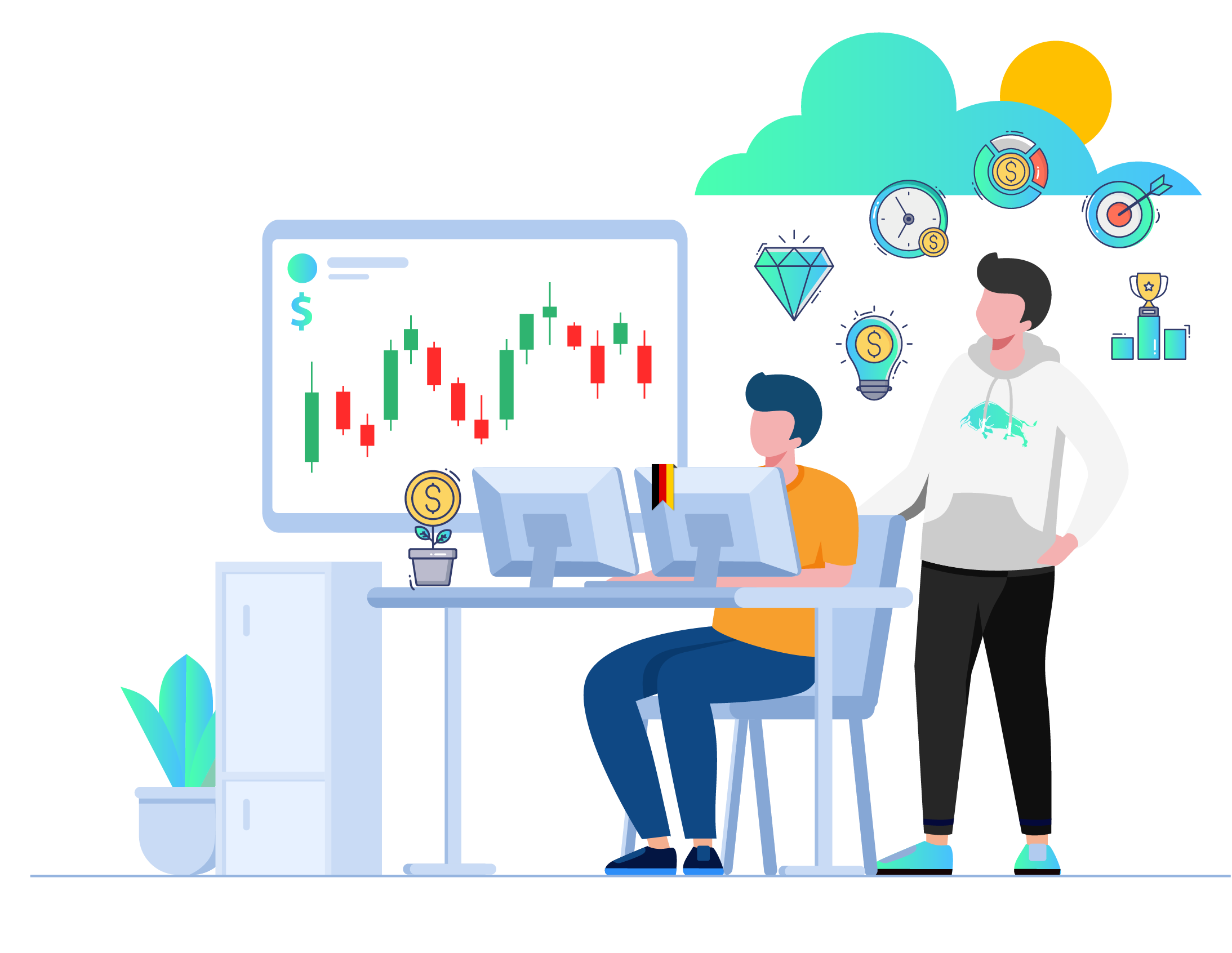Pharma
AstraZeneca stabilizes China business despite scandal involving ex-CEO
AstraZeneca defies scandal involving China chief, increases revenues, invests billions in Beijing, and consolidates market presence through expansion.
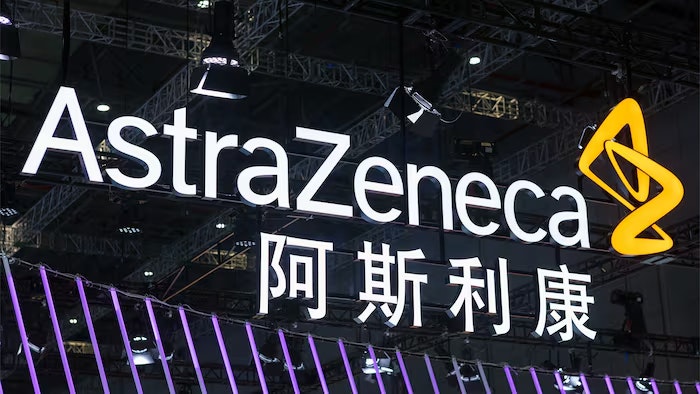
After the scandal involving longtime China chief Leon Wang, who was arrested in October 2023 for allegedly illegal drug sales, AstraZeneca has surprisingly quickly regained its footing in its second-largest single market. In the first half of the year, sales in China rose by 4 percent to $3.5 billion, after having slightly declined in the final quarter of 2024. The drivers were the inclusion of two cancer drugs in the national reimbursement system and robust demand for older drugs in smaller cities.
The British-Swedish pharmaceutical company relies on a dual strategy: On the one hand, it strengthens its position with investments such as the announced $2.5 billion research center in Beijing. On the other hand, it benefits from Wang's expansion policy, which brought the company deeper into provincial cities and established partnerships with local hospitals. This presence has helped to mitigate price pressure from Chinese generics.
CEO Pascal Soriot himself traveled to China several times and attended a meeting with President Xi Jinping in March – a symbolic gesture that reinforced confidence in the future of the business. Analysts believe the worst is over. "The company is back in growth mode," says Bruce Liu of Simon-Kucher. The stock market also seems convinced: The share price has recovered from the losses following Wang's arrest.
The restructuring at the top, however, has left traces. Wang, who shaped the business for ten years and was celebrated in state media as one of the most influential Chinese managers of a Western company, remains in custody. For the employees, his absence is noticeable despite stable sales and successful product launches.


